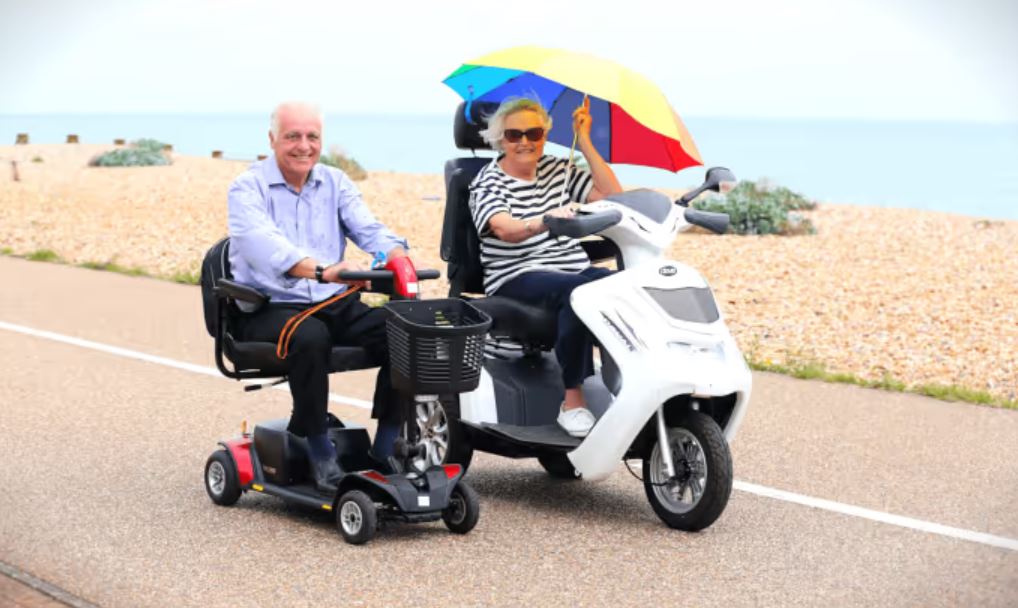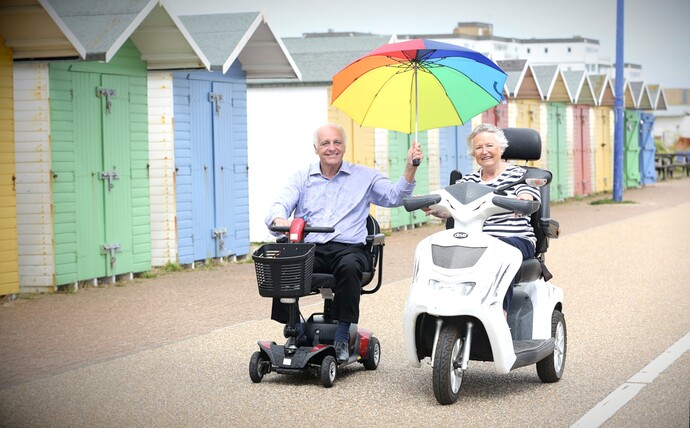Should penalty points equal a criminal record?
August 14, 2024

Have you noticed how law-abiding drivers become on roads equipped with average speed cameras? The near-certainty of detection guarantees almost every motorist sticks to the limit.
Other roads not so much. According to transport chiefs, TfL, 87 per cent of drivers flout 20mph speed limits. Such disregard for the law makes for hostile streets and ultimately costs lives. Quite apart from the human cost of speeding, a pick-and-mix approach to the rules is surely corrosive to society. After all, what's the point of having laws in the first place if they're considered optional?
The current approach of adding penalty points to driving licenses has flaws - not least because magistrates seem reluctant to impose bans once a driver has reached the 12-point limit.
In the absence of widespread average speed cameras, mandatory speed limiters or driverless cars, perhaps there would be more respect for motoring law if speeding offences always resulted in a criminal record.
Recordable motoring offences
At present, a driving offence can land you with a criminal record. However, the devil is in the details as it all hinges on the nature of the motoring offence in question.
Should you plead guilty, or be found guilty of a motoring offence in court, you face a criminal conviction. If this falls under the category of recordable offences, it gets logged onto the Police National Computer System (PNC), forming part of your criminal record and appearing on a DBS (Disclosure and Barring Service) check.
Now, here’s where it gets a bit more nuanced. Not all criminal convictions are recordable. A recordable offence is one that could result in a prison sentence or is specifically listed in the Schedule to the National Police Records (Recordable Offences) Regulations. These are the convictions that pop up on a basic DBS check until they’re spent, and on a standard or enhanced DBS check indefinitely unless they’re filtered off your record after a certain period.
Fixed Penalty Notices
Recordable motoring offences include the likes of drink-driving, drug-driving, failing to provide a specimen, failing to stop or report an accident, and dangerous driving. It doesn’t matter if you personally avoid a prison sentence; what matters is that the offence itself could lead to imprisonment.
For less severe offences, there’s the option of a Fixed Penalty Notice instead of a court date. This typically means a fine of at least £100 and at least three penalty points on your licence. These notices aren’t criminal convictions and usually apply to non-imprisonable offences like speeding or running a red light. As such, they generally don’t make it onto the PNC and won’t show up on a DBS check.
Making speeding a recordable offence wouldn't increase the likelihood of being caught. However, a criminal record can affect a person's employment, housing, and legal rights. Perhaps this would prove as effective a deterrent as average speed cameras?
The ethical choice
The ETA was established in 1990 as an ethical provider of green, reliable travel services. Over 30 years on, we continue to offer cycle insurance , breakdown cover and mobility scooter insurance while putting concern for the environment at the heart of all we do.
The Good Shopping Guide judges us to be the UK's most ethical provider.
{{cta-cycling}}
Information correct at time of publication.







